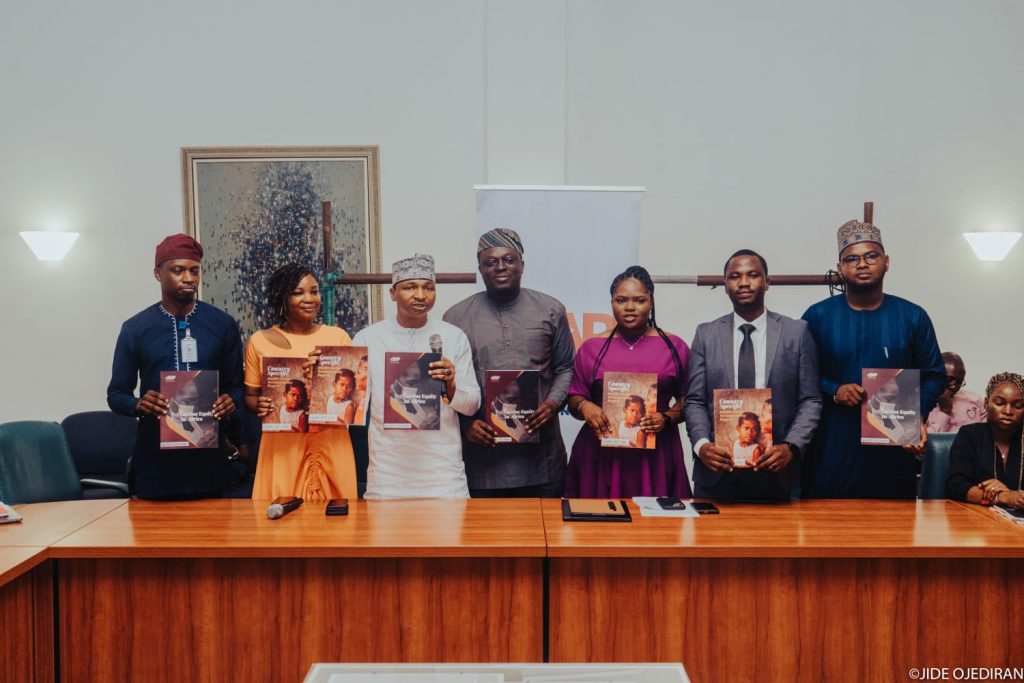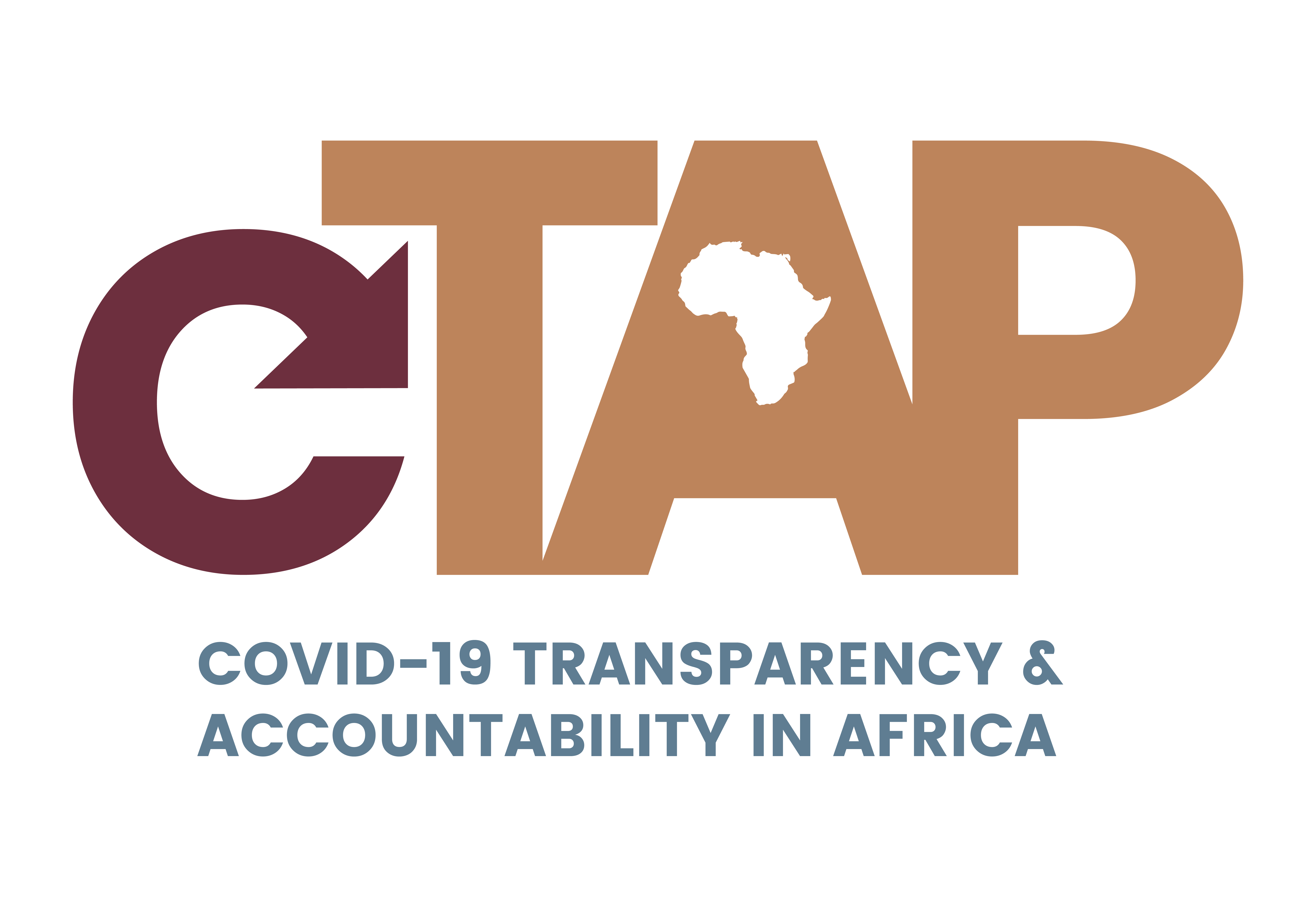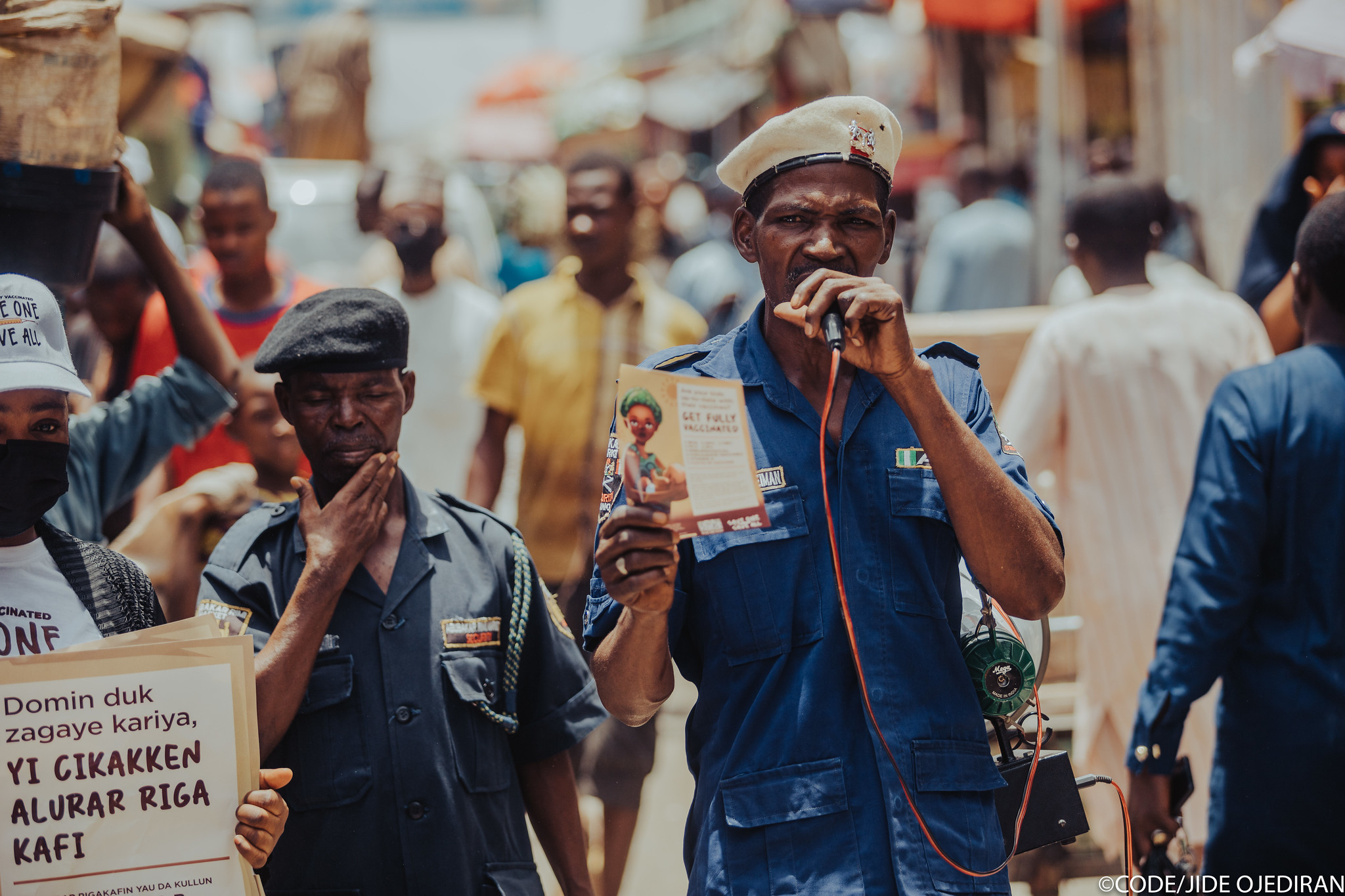At 11:00 am on October 19, 2022, at the Shehu Musa Yar Adua Centre, Abuja, Nigerian citizens gathered to witness the launch of the prestigious research conducted by BudgIT and CODE on the state of Health Sector Accountability in Nigeria. While welcoming the guests, BudgIT’s Communication Officer, Ms Nancy Odimegwu, briefly introduced the Launch’s proposed activities for the day and gave participants insight into things to expect.
Moving ahead, The Global Director of BudgIT Foundation, Mr Oluseun Onigbinde, started with a welcome address and stated that the main focus and critical part of the project at the beginning was resource adequacy and health sector accountability to monitor the use of COVID-19 resources and ensure the effective management, and get the value for money.
Iyanuoluwa Bolarinwa, BudgIT’s Assistant Manager for International Growth and the CTAP project lead, took participants through recommendations due to the research carried out on the Health Sector in Nigeria. Iyanuoluwa stated that after the study, it was discovered that 70% of Nigerians pay out of pocket to access healthcare. There is only a provision of one Medical Doctor to a ratio of 5,000 people. While healthcare funding has not been the best in Nigeria, he also pointed out the failure of proper management, which has led to these very distressful issues the health sector is currently facing. In his presentation, he also pointed out the following, amongst other things;
- The new National health insurance authority bill signed by the president should be implemented, as it will reduce the percentage of Nigerians personally funding their healthcare.
- Stricter laws are needed to reduce medical tourism by political office holders as the sum of $1.1bn is being spent abroad. If paid in Nigeria, this money will make a big difference.
- Civil societies should be aware; they should advocate for the proper management of funds and investments in the public healthcare sector. Civil societies could consistently stand as watchdogs to keep health workers and relevant stakeholders on their toes.
- Servicom must be empowered to see that services are being delivered well, a law should be passed enabling Servicom to report any terrible service rendered, and they would be held accountable.
While looking into the Primary Health Care centres across the country, the Community and engagement manager for CODE, Mr Mukthar Halilu, reported on the state of primary health care in Nigeria. The Tracka team and The follow the money team have painstakingly visited all primary healthcare centres across the country, and the following was discovered.
- Seven hundred eighty-three healthcare centres were visited across 34 states. In some states, security challenges like Boko haram and sit-at-home; in other states accessing the data was a bit difficult.
- 9 out of 10 Public Health care visits in each state did not meet the standard, and communities like Kano, Niger, and Delta States funded those that completed the standard.
- Some community members preferred to use traditional doctors instead of the primary healthcare system.
- Some primary healthcare does not have refrigerators to store pharmaceutical products, and of the ones that have, 35% of the pharmaceutical fridge are not functioning. These fridges cannot keep the covid vaccines.
- Most doctors do not stay around the community where the primary healthcare is situated; only 11% of direct healthcare visits met the standard of several nurses and midwifery.
- 87% of the hospital visited across the state provide antenatal care; in Adamawa state, the antenatal care given isn’t up to standard; in Adamawa, the ratio of primary health care to the total community centre is 1: 77281, and 56% has ward development committee in their facilities.
- In the states visited, 52% of the primary health care is connected to the power grid, making the fridges available of no effect.
- 66% of the primary health care has separate toilets; some toilets are used by officials only and people with disabilities.
- 56% of primary health care have ward committees to help sensitise primary health care.
The team also looked into the best practices and government commitment to health care across Africa. Mr Vahyala Kwaga, Senior Research and Policy Analyst, BudgIT, gave a report it deeply looked into the best practices that have to do with the knowledge of what works in specific situations and contexts in terms of Quality, standard, professionalism, transparency and accountability structures. This knowledge of what works can be highlighted when civic society organisations work with researchers and the media to ensure that what works is evaluated and implemented, which brings about a positive change in the health system. The best practices include the following;
- Transparency and Accountability structures; lack of readable signposts depicts no transparency. Citizens should be aware of their expectations from service providers so they can hold them accountable. There should also be Accessible information on free health services, and info testimonials on people that received the benefits should be available as well; this is important to note so citizens will be aware and service providers will know their services are seen and has an impact.
- Resource adequacy efficiency and corruption; research has shown that universal health care is one way to use resources adequately.
- Healthcare governance management, how adequate funds can be managed, has to do with the political nature of the government; what constitutes better healthcare is political issues or governance.
- Stakeholder appraisal and Public and private healthcare provision
- Access to healthcare
- National Health Insurance Schemes; Essential healthcare services coverage is encouraged.
- Donors funding and system strengthening; stakeholders should be critically looked at, and all parties that affect the health system should be identified (health insurance)
- Advocacy strategies and policy refunds for health sector accountability; Citizens-led Social accountability programs to optimise accountability tend to show a positive relationship with health care delivery. Mechanisms that allow accountability to thrive and give more power resources to sub-national sectors should be created.
While speaking on Vaccine Equity and distribution across Africa, Ms Alice Adedayo, Programme Lead, Oxlade Consulting, make presentations on the findings by the team. Alice shared how it became a struggle for Africa to access the COVID-19 vaccine; she noted that as of April 2022, there were 497million global cases of the COVID-19 virus. Globally, 586 people were fully vaccinated, and 23.36% already got a booster; in Africa, only 8 million people were vaccinated, while 0.8% got boosters. She took participants through the challenges of vaccine distribution and access.
- Developed countries had access to the vaccines before other countries because they had the funds, and the price of the vaccines rose from $2 to $47.
- Inadequate storage facilities for these vaccines.
- Epidemic preparedness structures and proactivity to the epidemic in African countries like Nigeria are poor.
- The cost of vaccination.
- Acceptability and trust of the vaccines
All listed had their implications
- Declined health progress,
- Risk of invariance.
- Learning deficit; this has posed learning gaps in Nigeria. There should be technology transfer from developed countries for manufacturing processes to breach the inequality gap in vaccines.
- Government has to invest more in health.
At the end of the meeting, citizens were advised on the steps they can take to ensure Nigerians attain the global health standards to ensure they enjoy quality healthcare. Issues like health accountability and reports on tertiary health and primary issues should be given enough media coverage as this will bring early attention to the government and relevant stakeholders. Finally, citizens are encouraged to download these reports as information for engagement in their various constituencies, as we believe citizen-led actions like this will catalyse change.


